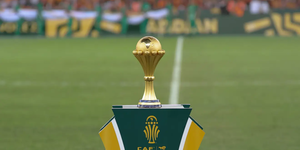It is reported that when Franklin Delano Roosevelt, the 26th President of the United States Came to Kenya for big game hunting in 1909, he was advised to use the whip, as it was the only language that the black man understood.
Edgar Beacher Bronson, an American big game hunter who had just finished his safari in Kenya before the arrival of Roosevelt, is quoted to have given a disclaimer that Roosevelt would have to adapt to the flogging.
"Roosevelt will have to close his eyes and accustom himself to occasional severe floggings of the African wapagazi (porters), for without it no safari could be held together a fortnight; discipline would soon disappear and that quickly be followed by open revolt."
Edgar Bronson revealed in his book 'In Closed Territory' (1910) that Vibokos was good for Africans since a black man's skin has a coarser fibre than a white man's so he can survive and endure the punishment that a white man cannot.
He wrote of his experiences whipping a negro porter in the book.
You order him to lie down " he goes without a murmur and uncomplaining until the flogging is finished, and often springs to his feet, draws himself up and salutes his bwana."
Surprisingly, despite his ill-treatment of the Swahili, he would not dare do the same with the Somali. The Swahili, he claimed, could take vibokos without complaining, but the Somali could not stand a blow or a kick.
'Any man who treated them badly was pretty certain to end up with a knife sticking in his ribs sooner or later,' he wrote.
In his writing, he went further to narrate the moment he punched a Somali Porter in the face for passing him the wrong bullets. To his surprise, the Somali man while grinning in pain picked himself up from the ground, and responded;
"You are my Bwana and my father, good!"
He reported that he knew that the response was not genuine. He never felt safe since the day, until his train left the station, and until he left the country.












